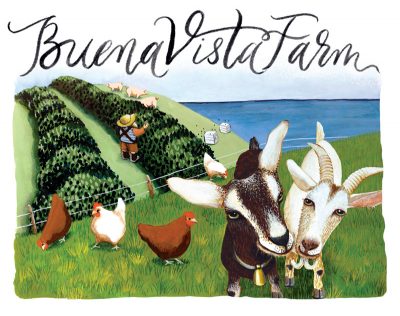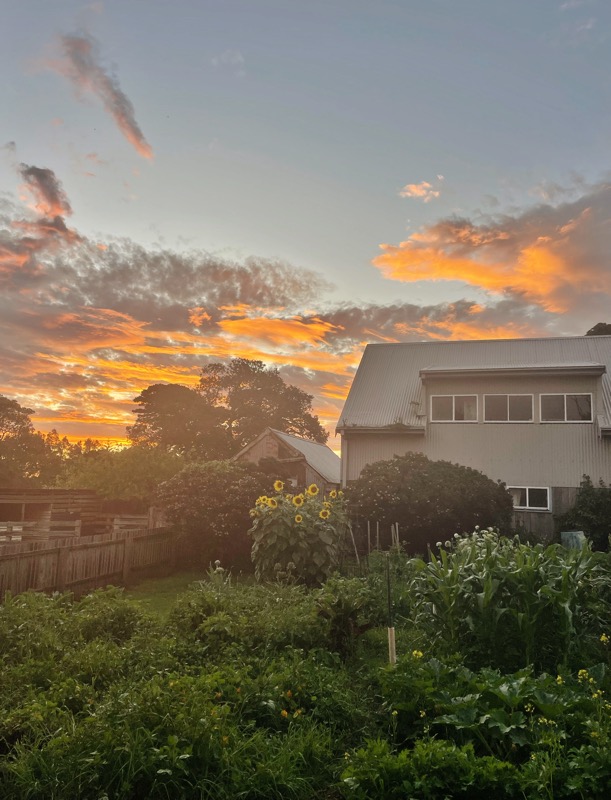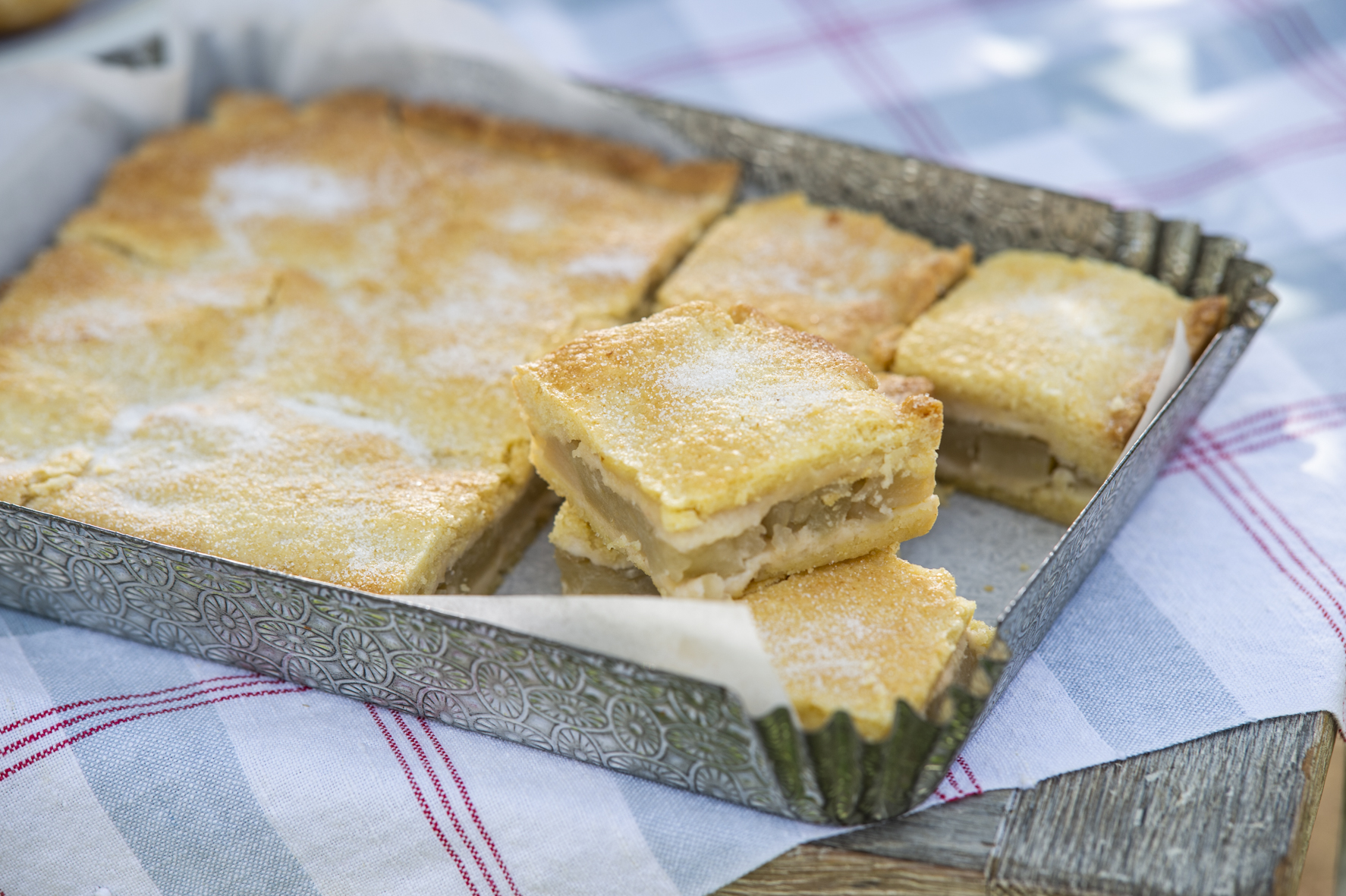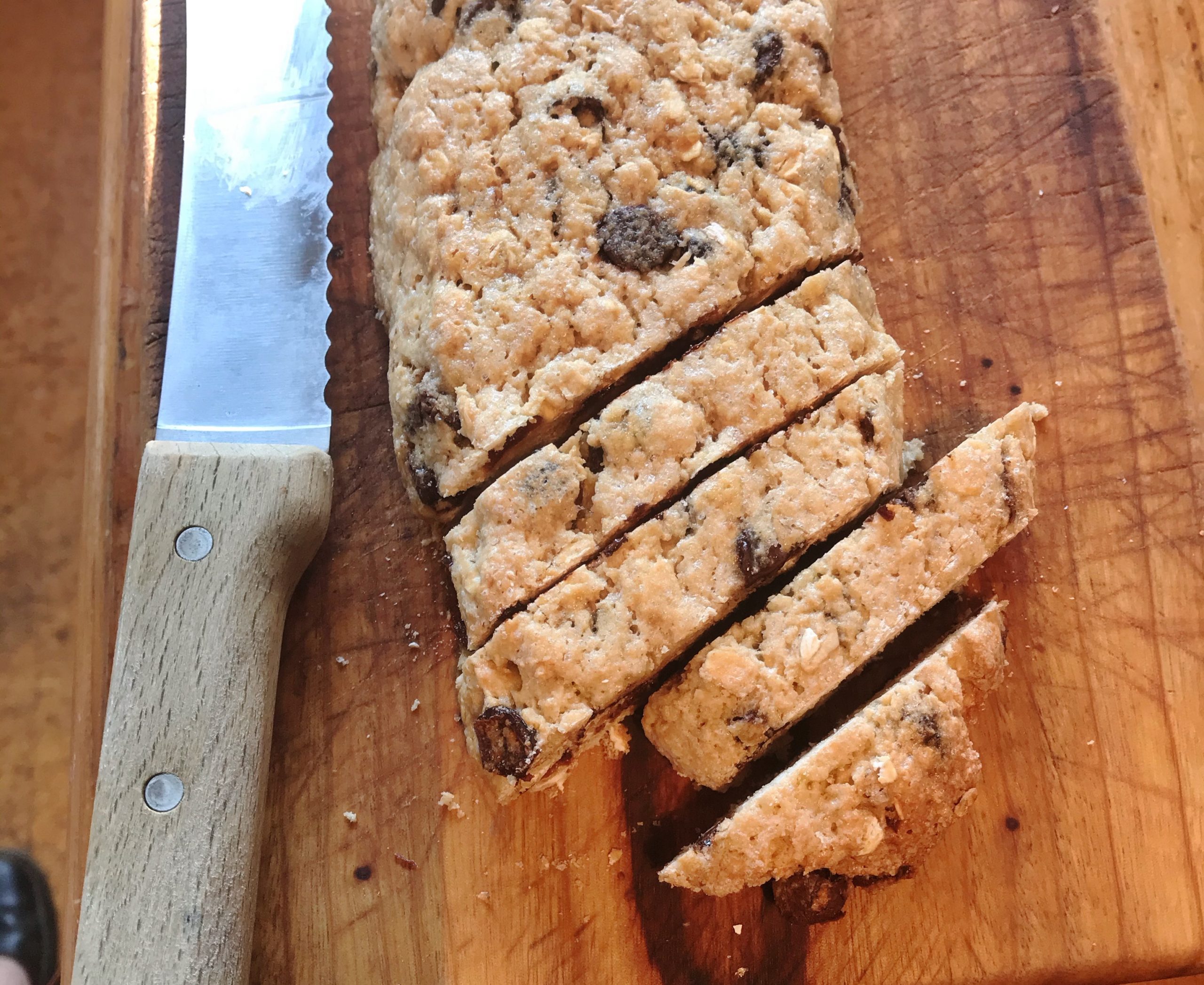Photo: Luisa Brimble
It’s something Adman says, ‘who’d be a farmer, eh?’, when stuff goes wrong, or, you know, gets out or dies or doesn’t grow or gets eaten or breaks or we hit the wall financially.
He always says it wryly, as if he’s the farm kid and I’m the townie and this farming idea is a permanent forgone conclusion. Like he’s in it past his boots, and we might have had a disasterous day but he’d still rather be here than anywhere.
He said it yesterday morning. After we’d gotten over the initial shock of losing another batch of meat chickens to a fox.
Not quite the whole batch this time. Two weeks ago it was the whole batch. The whole mature batch. That were due for processing the following week. That we’d paid for up-front (of course), paid for all the feed, all the infrastructure, and now receive zero income for. Which is not what it’s about for us anyway, but it does drive us closer to that wall. We have to call Feather and Bone, the lovely sustainably-raised meat providore that we supply in Sydney, and explain that we’ll be letting them down. We have to remember to call the abattoir and tell them we won’t be coming. We have to compost all the carcasses, because a fox doesn’t actually eat a hundred chickens, it just eats a few and kills the rest.
It’s brutal. And I debated whether I should publish this photo. I didn’t, initially, after we lost the first batch. People really would rather not hear the really dark side of farming. Mostly it’d be better to know everything’s OK, not because people are not interested, but because they are! And because they want it to all be OK.
But then we lost over half the next batch. Same fox, I suspect. Of course we took measures after the first loss. We checked and double checked the fences. We invested in fox lights. We investigated alpacas and determined that when we can afford them, we’ll buy a pair. We know people have had great success with Maremma dogs but we already have one dog and hoped she might help keep the fox away – she has up until now. But the fox somehow got over the electric netting fence.
We won’t bait on this farm. Although that’s what the Department of Primary Industries is strongly recommending we do. It only takes one person to have a living memory of losing a dog to 1080 poison to make it impossible to bring that poison onto our land. Dad, in this case. Aside from the fact Adam objects to baiting ethically.
So we went and picked up a humane trap this morning. We’ll see what happens.
We choose to raise our birds in open range paddocks, because this environment is significantly healthier for the birds, but because they are not safely locked in an enormous stinky shed, inhaling toxic poop air and needing antibioitics in their feed to survive, they’re potentially vulnerable to predators, however diligent we are.
Raising poultry on pasture is risky, and the farmer carries that risk. The providore who hitches themselves to that farmer does too: they have customers they’ll disappoint as supply fluctuates. Customers share the risk by supporting the pastured poultry farmer and buying product at a premium price, priced that way to reflect the costs in doing things on a smaller scale, the hand raising, the bucket feeding, the water-checking, the fox-lights, scarecrows, fake owls, and late-night head-torch-wearing circuits of the meat chickens, checking the fences in the winds, checking when it gets too hot, checking when the temperature drops, and picking up a hundred small birds and putting them under the hoop house shelters on the first few nights they’re in the paddock.
If you think pasture raised poultry is expensive, you’re damn right it is.
Who’d be a farmer, eh?
He would.
I would.
Chin up, let’s go.
xxx



